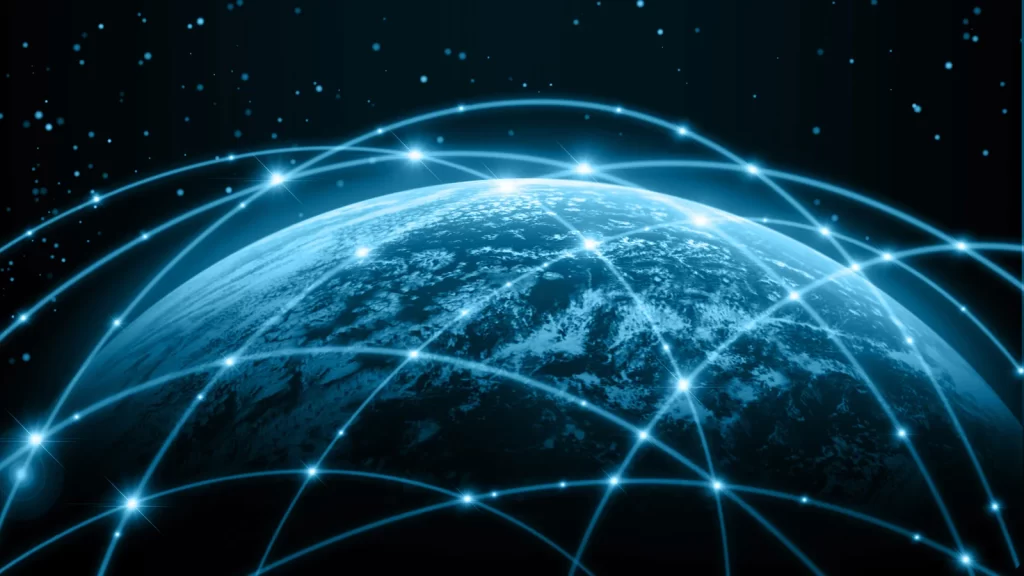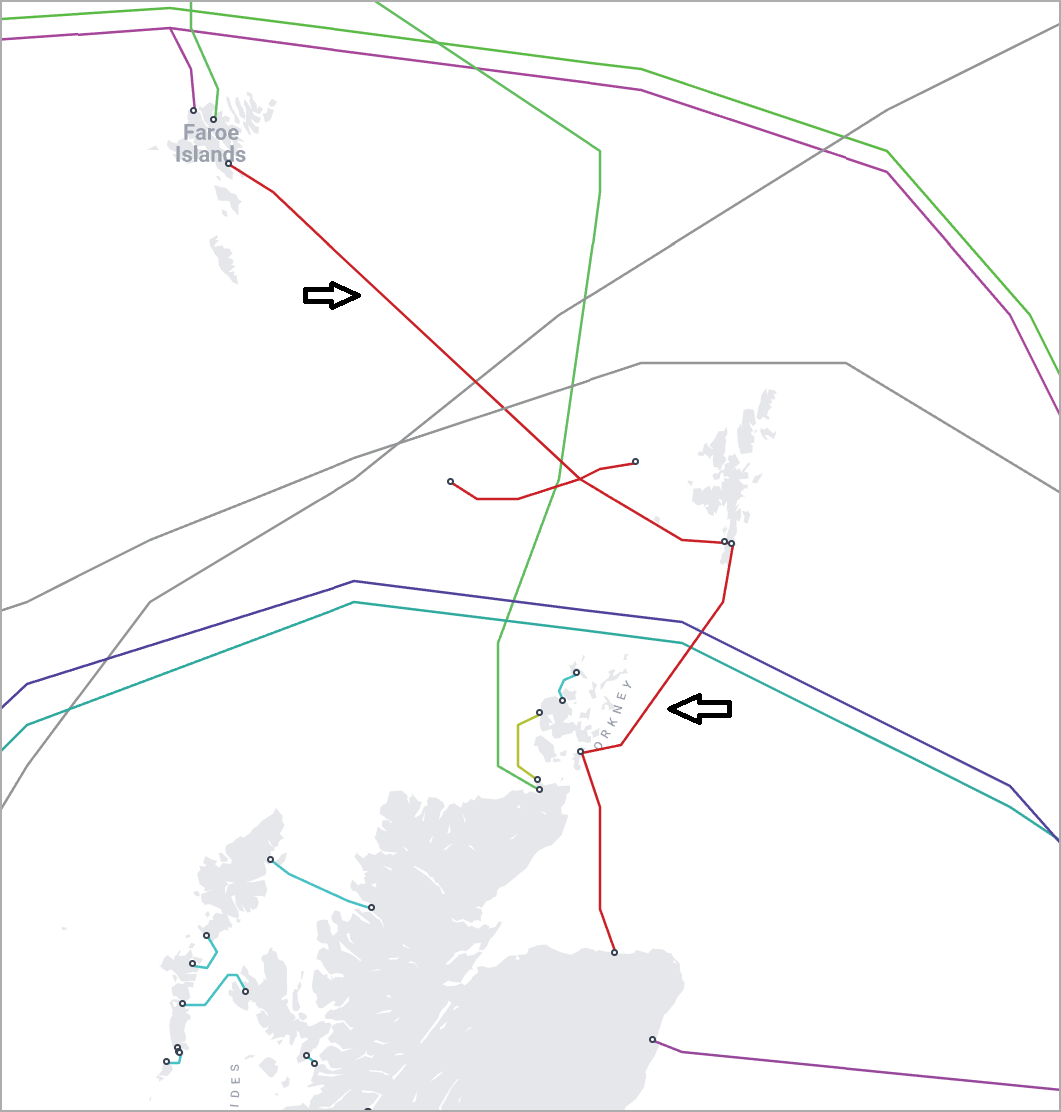
A major Internet cable in the South of France was severed yesterday at 20:30 UTC, impacting subsea cable connectivity to Europe, Asia, and the United States and causing data packet losses and increased website response latency.
Cloud security company Zscaler reports that they made routing adjustments to mitigate the impact. However, users still face problems due to app and content providers routing traffic through the impacted paths.
“Zscaler is working with the content providers to have them influence their portion of the path,” reads a notice from Zscaler.
“If you experience slowness with specific applications, especially applications hosted overseas, please contact the application provider and refer them to this trust post.”
The repair crews moved quickly on the scene but had to wait for the police to collect evidence before they were allowed to work on restoring the damage.
At 23:00 UTC, it was confirmed that the incident had impacted three links: Marseille-Lyon, Marseille-Milano, and Marseille-Barcelona.
At 01:00 UTC today, when Zscaler’s repair crews restored one of the links, but the technicians continued observing packet losses and latency for some destinations.
At 18:58:01 UTC, Zscaler posted a final update stating the issue has been resolved.
“This incident has been resolved. Please contact Zscaler Support if you have additional questions.” – Zscaler.
Cable damages in the UK too
At the same time, BCC reports that a subsea cable linking the Shetland Islands to the Scottish mainland has been damaged, too, leaving netizens on the island isolated from the rest of the world.
Not only that, but it has also reduced the capacity of Shetland’s population of 23,000 to call for emergency services, as communication has been impacted in general.
Police Scotland has issued an advisory today urging people not to make unnecessary calls, as the few available lines should remain open for emergencies.
This incident comes as technicians were already working on fixing the link between the Faroe Islands and Shetland, which was also severed last week.

Faroese Telecom’s head of infrastructure Páll Vesturbú told the BBC that the cable cuts are believed to have been done by fishing vessels, though it’s unusual to have two incidents simultaneously.
“We expect it will be fishing vessels that damaged the cable but it is very rare that we have two problems at the same time,” Vesturbú told the BBC.
Investigations into these recent incidents are still underway, and there is nothing at this time that indicates these are acts of sabotage.




























